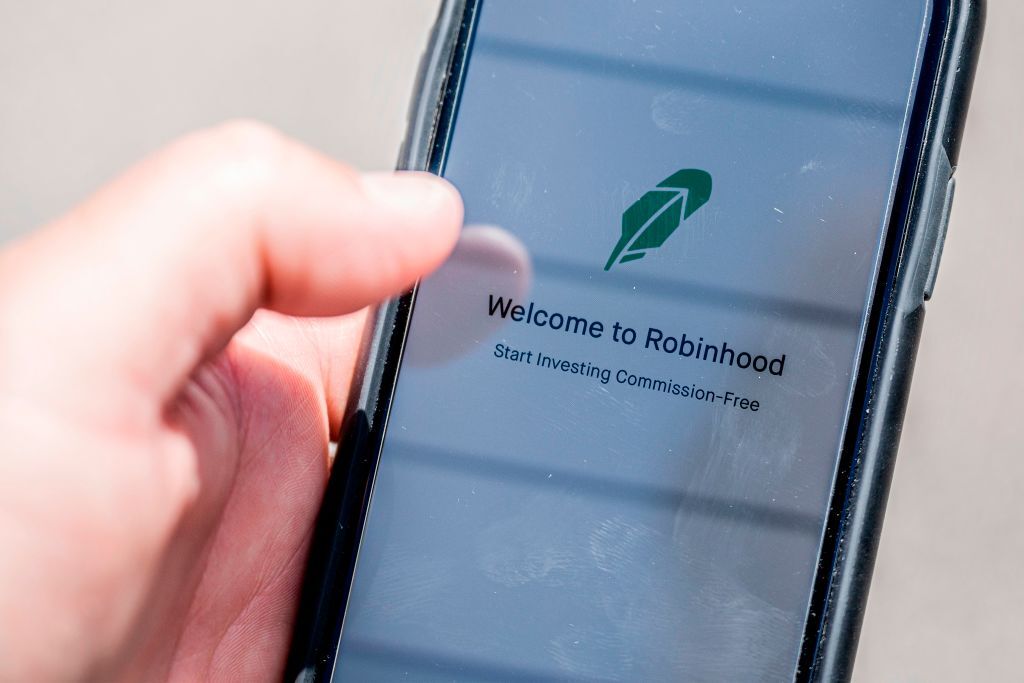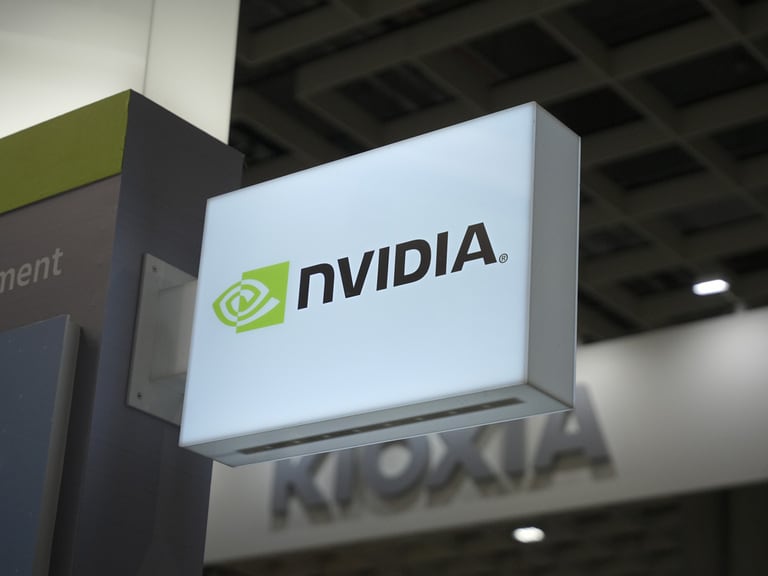After filing on 23 March, the Robinhood IPO looks set to happen in July. After the trading app drew criticism from the established players, what will investors make of the Robinhood IPO when it hits the market?
Robinhood IPO coming soon
It’s been over 12 months now since the Robinhood trading app became part of the mainstream narrative surrounding the resilience in US equity markets.
Promoted as a way to level up access to financial markets, the app has spawned a renaissance of interest in the stock market among a younger cohort of traders determined to take on the Wall Street giants, with varying degrees of success.
The disruption caused by the success of the app has prompted huge amounts of criticism from more established players, who argue it makes it too easy to trade and turns the investment process into a much more speculative process. Will this reaction affect the Robinhood IPO?
While that may be true to some extent, it also shows that the accessibility of the app has served to undermine the business models of the bigger players in the industry, who charged quite high fees in order for investors to trade stocks and shares on their platforms.
In essence, the success of Robinhood has forced the bigger brokers to up their game as well as cut and or drop their fees to compete.
Negative PR and outages hit Robinhood
Of course, the popularity and success of Robinhood has presented the up-and-coming fintech company with its own set of problems, including trading outages or suspensions, as their IT infrastructure struggled to cope with the huge volumes being pushed through. In turn these outages prompted a significant amount of negative PR, which eventually resulted in a Congressional hearing over events surrounding the GameStop share surge and suspension of earlier this year.
As we look ahead to the Robinhood IPO, this tech unicorn has managed to tap into a previously untapped user base of first-time investors, who during lockdown appear to have used their US stimulus payments to drive a resurgence of interest in how financial markets work.
The biggest challenge facing Robinhood as we come out the other side of the pandemic will be keeping a lot of these new users onboard without them blowing up their accounts. We got an inkling into the size of the challenge earlier this year in the aftermath of the GameStop volatility, with some tragic consequences.
This is where future regulation could well act as a headwind. Product innovation is all well and good but leveraged investing along with fractional exposure to various asset classes creates challenges when it comes to managing risk properly and sensibly, and all too often novice traders aren’t aware enough of the enormous risks they are taking by trading on leverage. The rewards are indeed big but the risks can be even bigger.
Robinhood IPO set to make a splash
That said the upcoming Robinhood IPO is likely to be as big as Coinbase’s direct listing earlier this year, which saw plenty of interest in the opening few sessions, and then promptly came unstuck, opening well above its $250 reference price at $380, then sliding straight back down, subsequently hitting a record low just below $210, before rebounding modestly. Initial indications suggest that Robinhood might see a valuation at around $40bn, given a recent fundraising round of $3.4bn in February.
The funds in February were provided by Ribbit Capital and Sequoia Capital, among others, to ensure Robinhood met deposit thresholds required by the various clearing houses that handle the trading orders on its platform. This is quite a jump from September last year when a fundraising round prompted an $11bn valuation.
Time will tell whether Robinhood is worth a valuation nearer to $50bn than $5bn, but if Coinbase’s experience is any guide, it would be wise to be cautious about what can only be described as dartboard valuations.
‘Meme stocks’ may lead to tighter regulation
The big surge in orders earlier this year overwhelmed the company, due to the higher levels of capital needed to cover their exposure in the various stocks that were being traded, with over 600,000 downloads of its app in one day at the end of January.
The popularity in so-called meme stocks like GameStop, AMC Entertainment and Clover Health has been largely driven by the Robinhood platform, as have recent moves in cryptocurrencies, while the company is also having to deal with a number of lawsuits over trading outages which occurred in March this year.
These lawsuits, as well as tighter regulation, are likely to be major hurdles for the company to overcome as it readies itself to launch on public markets, with a drop date expected just after 4 July.
The company also needs to sort out the stability issues that have plagued it in the first half of this year.
At the moment we have no details on the Robinhood IPO valuation or pricing, numbers which should be revealed in the next few weeks. In the meantime, it probably pays to be cautious when deciding whether to play in this particular sandbox.






